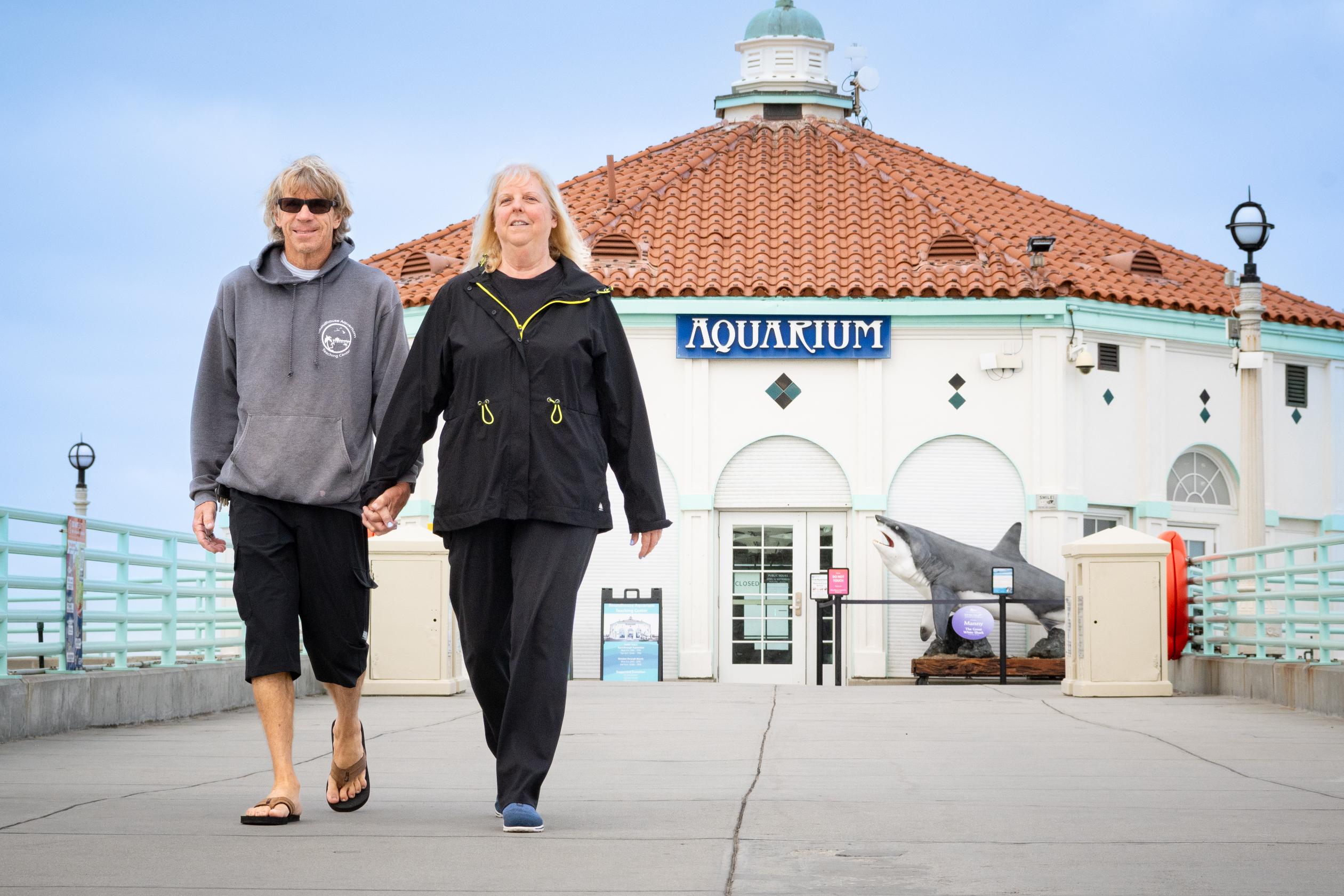
For all their adherence to code and work with Redondo Beach’s planning department, the Legado Companies’ inability to build trust with its neighbors may cause its downfall, according to the Redondo Beach Planning Commission.
On July 16, the commission moved forward with steps to deny the company’s proposed mixed-use project on 1700 South Pacific Coast Highway a conditional use permit, halting Legado Redondo in its tracks.
Legado was in hostile territory. The audience seemed to be a distilled form of last March’s anti-Legado audience, as matching t-shirts and corrugated plastic signs dotted the crowd. Attendees sat in the aisles of the council chambers, overflowing through the atrium and outside the doors of the building. All told, only one person spoke in favor of the project.
According to resident and opposition organizer Amy Josefek, the goal isn’t to stop development on the parcel entirely, but to create something that fits within the neighborhood.
“We didn’t move here to turn this community into Santa Monica, or Westwood,” she said. “The more and more they build, the less and less this stays a beach community.”
Those comments were in spite of Legado’s restructuring of its development, which shrank the building from four stories to three, reduced the number of residential units from 180 units to 149, and increased the number of available parking spaces.
The project would still redevelop the entire parcel of land, demolishing current structures and redeveloping the fire-damaged Palos Verdes Inn.
The changes to the project, Legado reps said, were based off of input from three community forums and discussions with five community organizations. The company worked closely with city staff to ensure their designs met code and all effects of the project would be mitigated.
“The community has been very mixed, but has offered a lot of interesting comments,” said Legado CEO Edward Zucker. “This is a long-term investment with a rental project that the city and the neighborhood can be proud of.”
The public disagreed.
“People in the community want to see the area developed,” said resident Mike Dooley, the first of more than 57 who volunteered to speak against the project. “But Legado said the community likes clean, modern design, and planning staff agrees. But what could be more untrue when the Riviera area is founded on Spanish and Mediterranean design? The project may comply with code, but it has an adverse effect on the surrounding neighborhood.”
The planning commission’s chief issue, however, was with Legado’s outreach campaign. The commission took care to emphasize the applicant make a connection with their neighbors.
Legado representatives emphasized that their goal in public outreach was to reach more people and document their concerns — something that commissioner David Goodman felt they missed on.
“From what I read, nobody knew what you were going to propose until a week or so ago,” he said. “It’s only going to be 149 units, and it sounded like all of the people here said ‘149 is way too big,’ which would’ve been constructive to hear, if you cared.”
The commission’s opinions weren’t helped by Legado’s admission that their plan for outreach began with District 1, then jumped to Districts 4 and 5.
“To me, it makes no sense to seek support of the project up in North Redondo,” said commission chairman Nick Biro, after the meeting. Biro, like commissioner Phillip Sanchez, is a resident of North Redondo. “I think the two of us were stunned by the strategy to gain support at the other end of town, and that’s where we called it.”
Biro has met with Legado sporadically since November and has told Legado that the harsh reception the project received from some neighbors would not weigh as heavily if he believed there was true engagement between the company and the community.
“But when everyone is heckling them, saying they didn’t give us what we asked them to, and that they didn’t give the materials they promised, that’s different,” Biro said.
The commission closed discussion by requesting staff to draft a study of denial for the project, due to be presented at the commission’s Aug. 20 meeting. The study will analyze the economic, social and environmental effects of denying the project, meaning to prove that the project would have “a specific, adverse impact upon the public health or safety.”
But the original report also states that the section recommending the study doesn’t waive the Planning Commission’s right to say that those requirements aren’t applicable.
Representatives for Legado declined a request for comment following the meeting.








